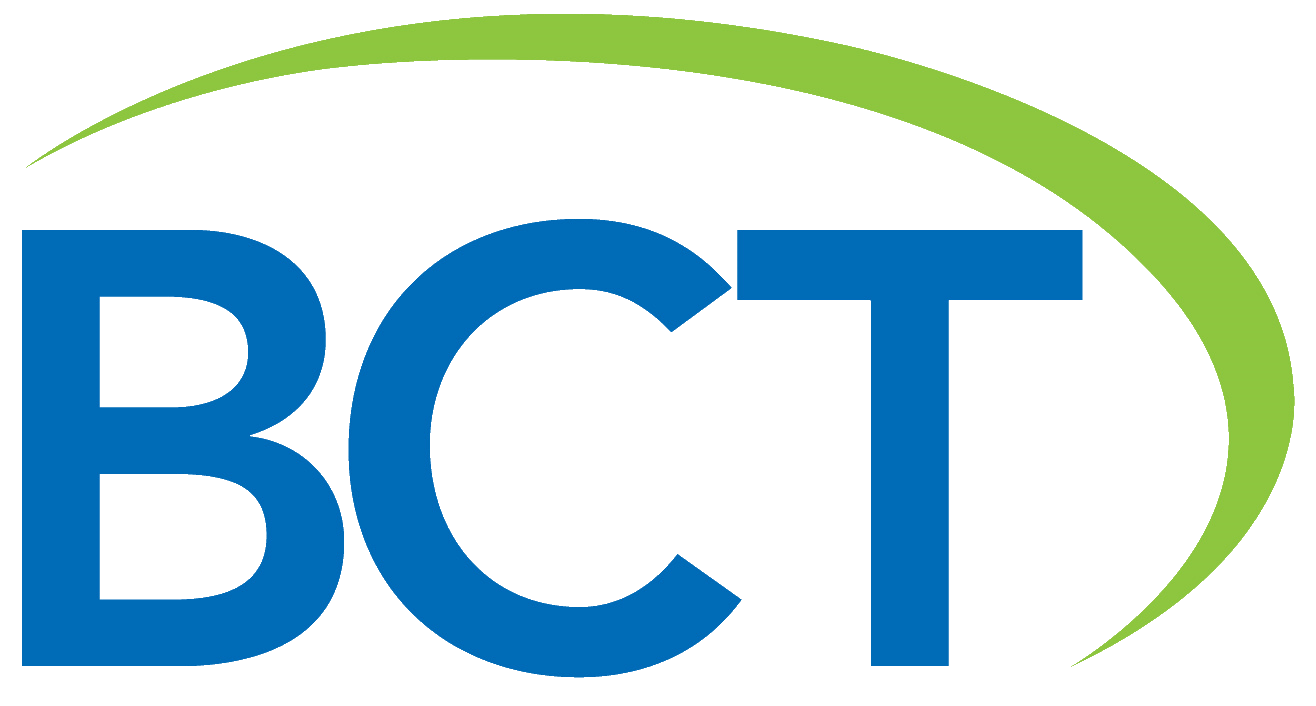Student Loan Forgiveness Scam
As back-to-school season begins, those with federal loans may have received a legitimate email from Education Secretary Miguel Cardona about loan forgiveness. However, it's important to be cautious, as not all such emails are genuine.
Only three official email addresses are associated with the Department of Education:
- noreply@studentaid.gov
- noreply@debtrelief.studentaid.gov
- ed.gov@public.govdelivery.com
Be wary of scammers who may:
- Use official-sounding names, logos, or seals, sometimes replacing letters to appear authentic.
- Ask for your Federal Student Aid account credentials via email, text, or phone.
Charge fees for assistance with student loans; you should never have to pay for help managing your federal loans, as free support is available at Studentaid.gov/re.
Here are a few examples of what student loan forgiveness scams can look like:
Here's a quick overview on how to avoid student loan scams from the Federal Student Aid (FSA).
For a more in-depth look, check out 'How to Avoid Student Loan Forgiveness' by Federal Student Aid.
If you receive a suspicious call or email, you can just hang up or ignore it,and verify with the court using a trusted number. To report scams, visit ReportFraud.ftc.gov; for identity theft, check IdentityTheft.gov.
Stay Informed: Read More Scam Alerts from the FTC
For more information, visit: FTC Consumer Alerts
Go back to news feed.


